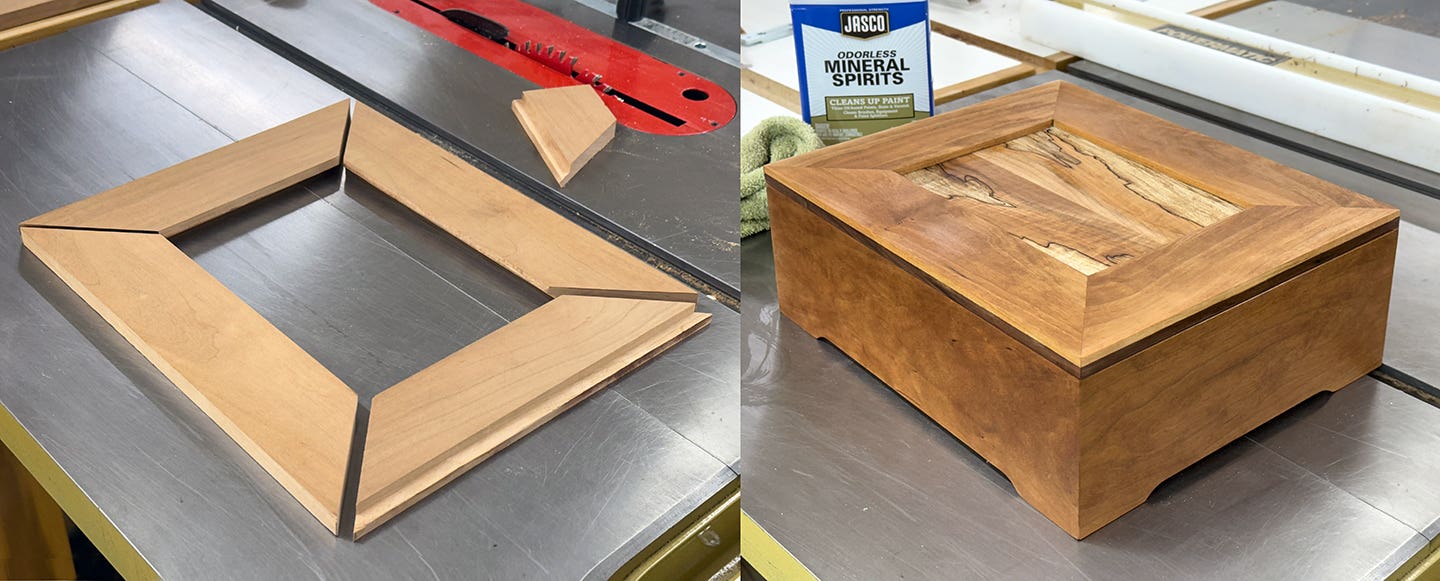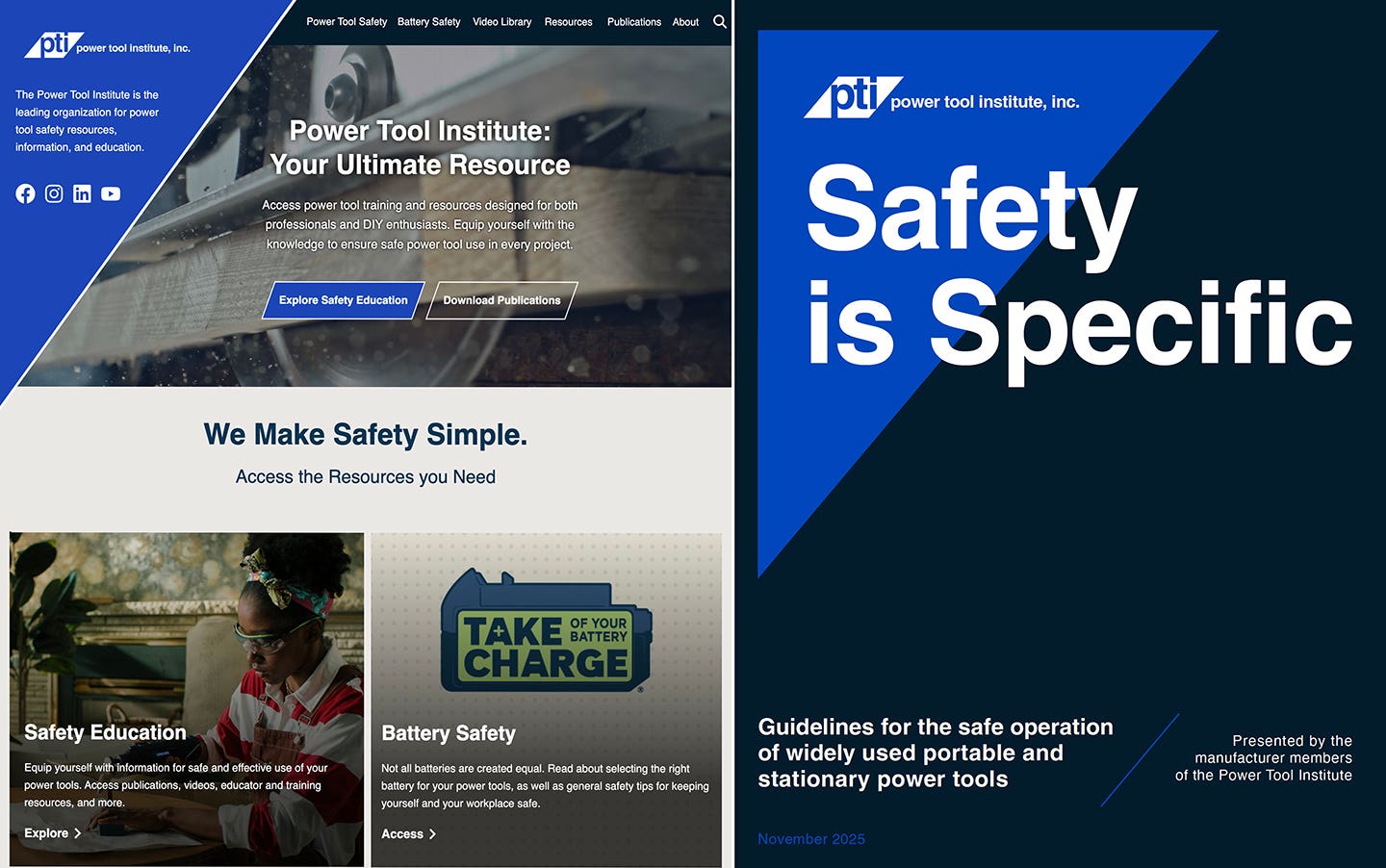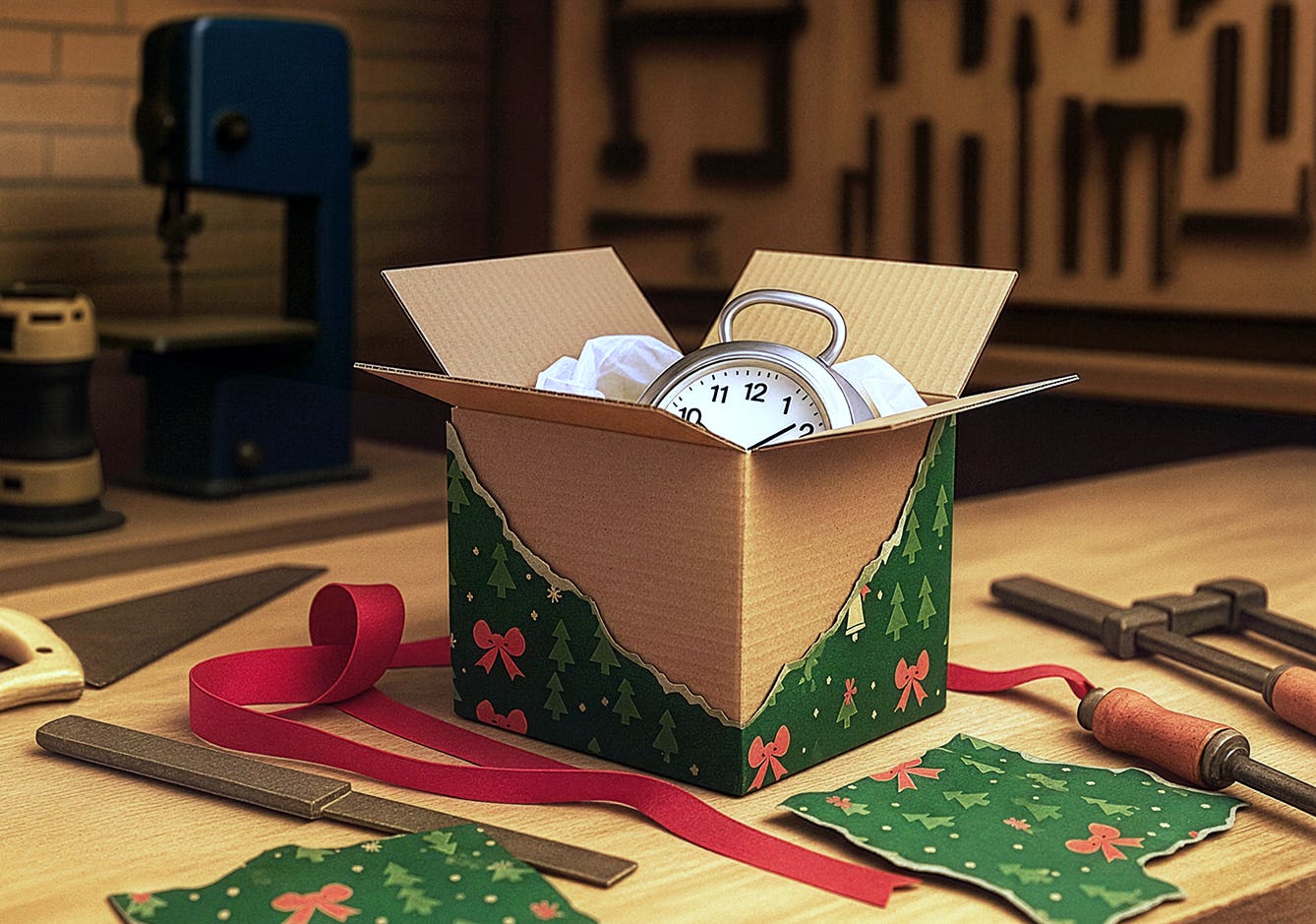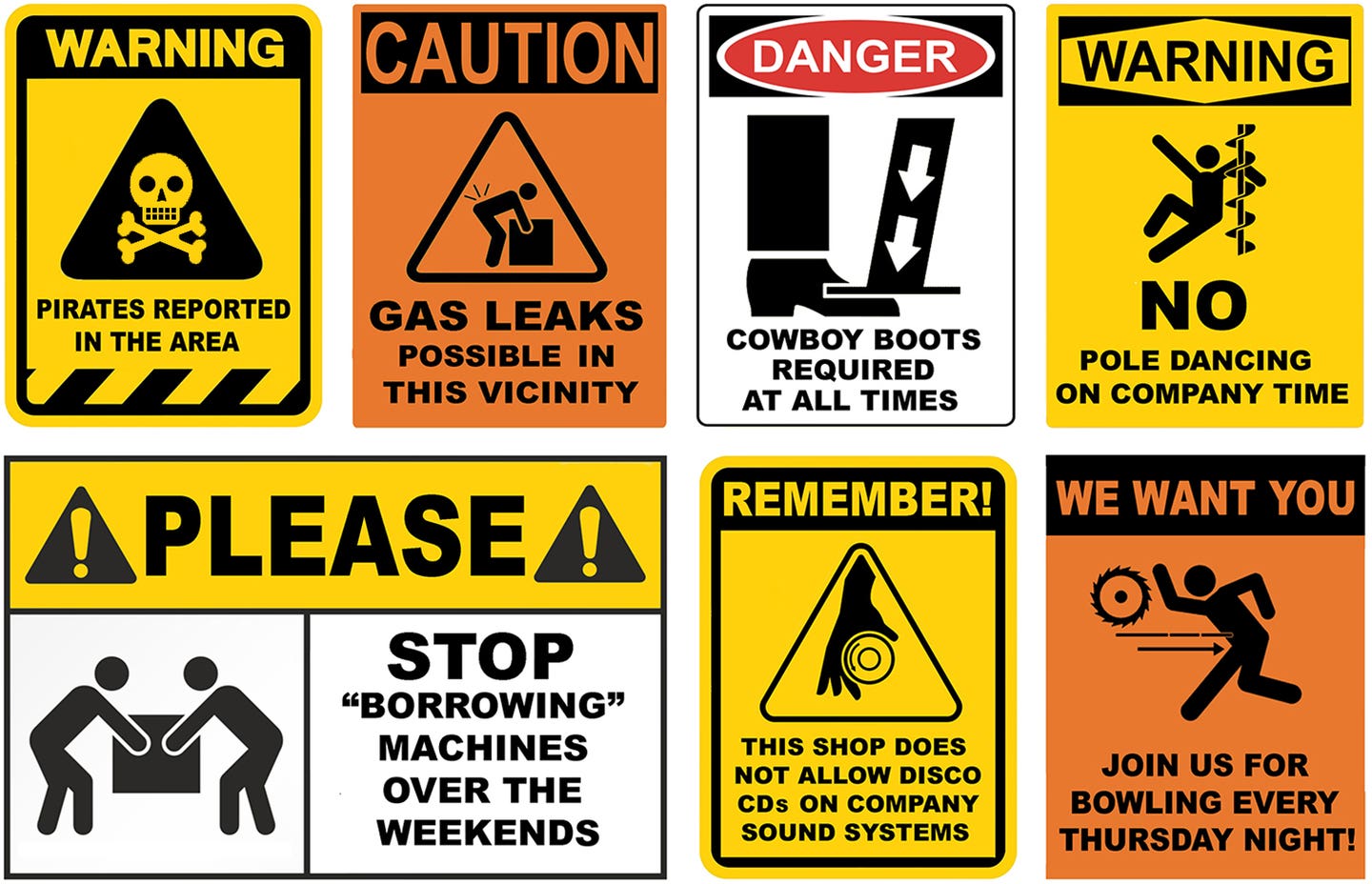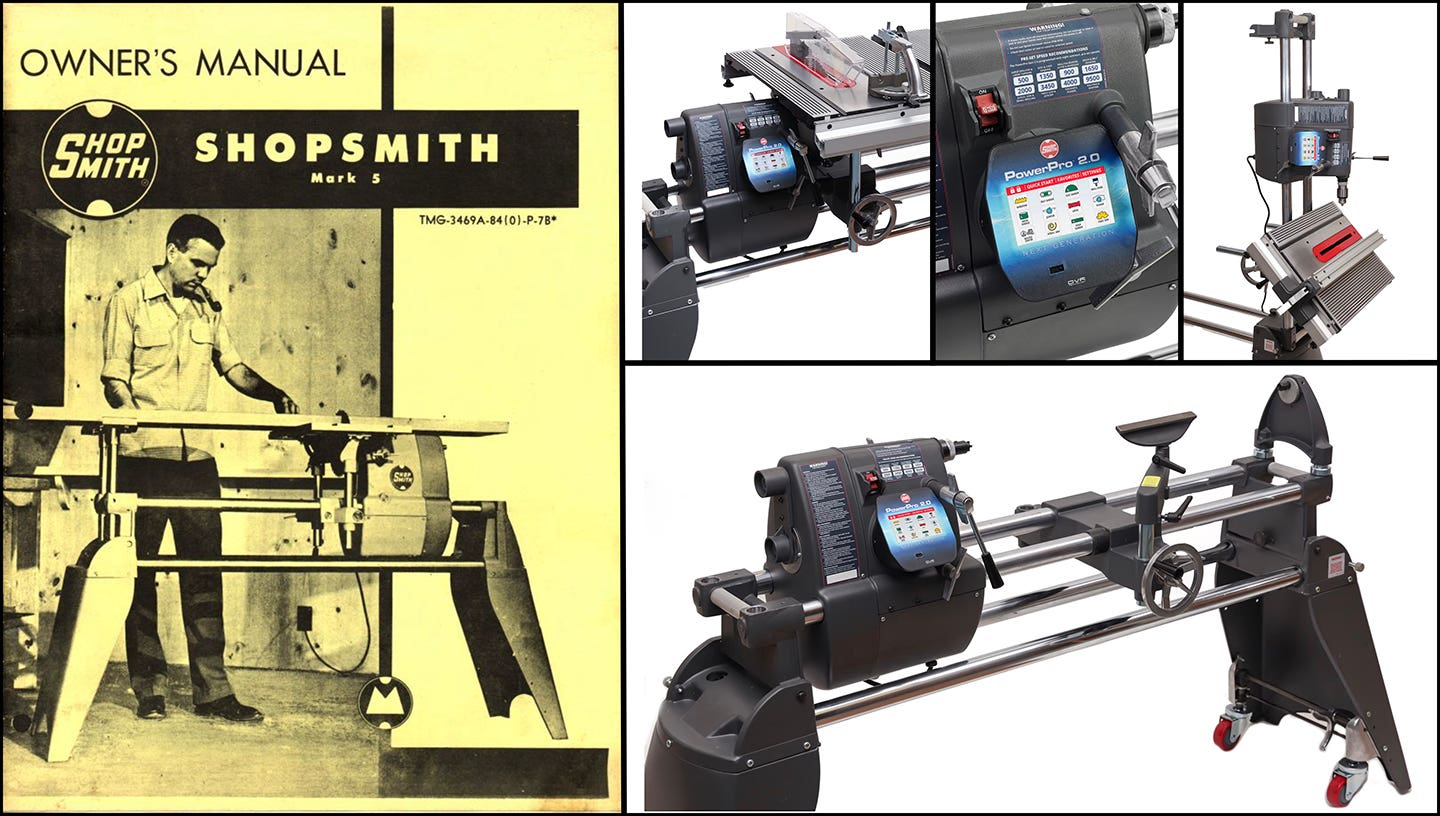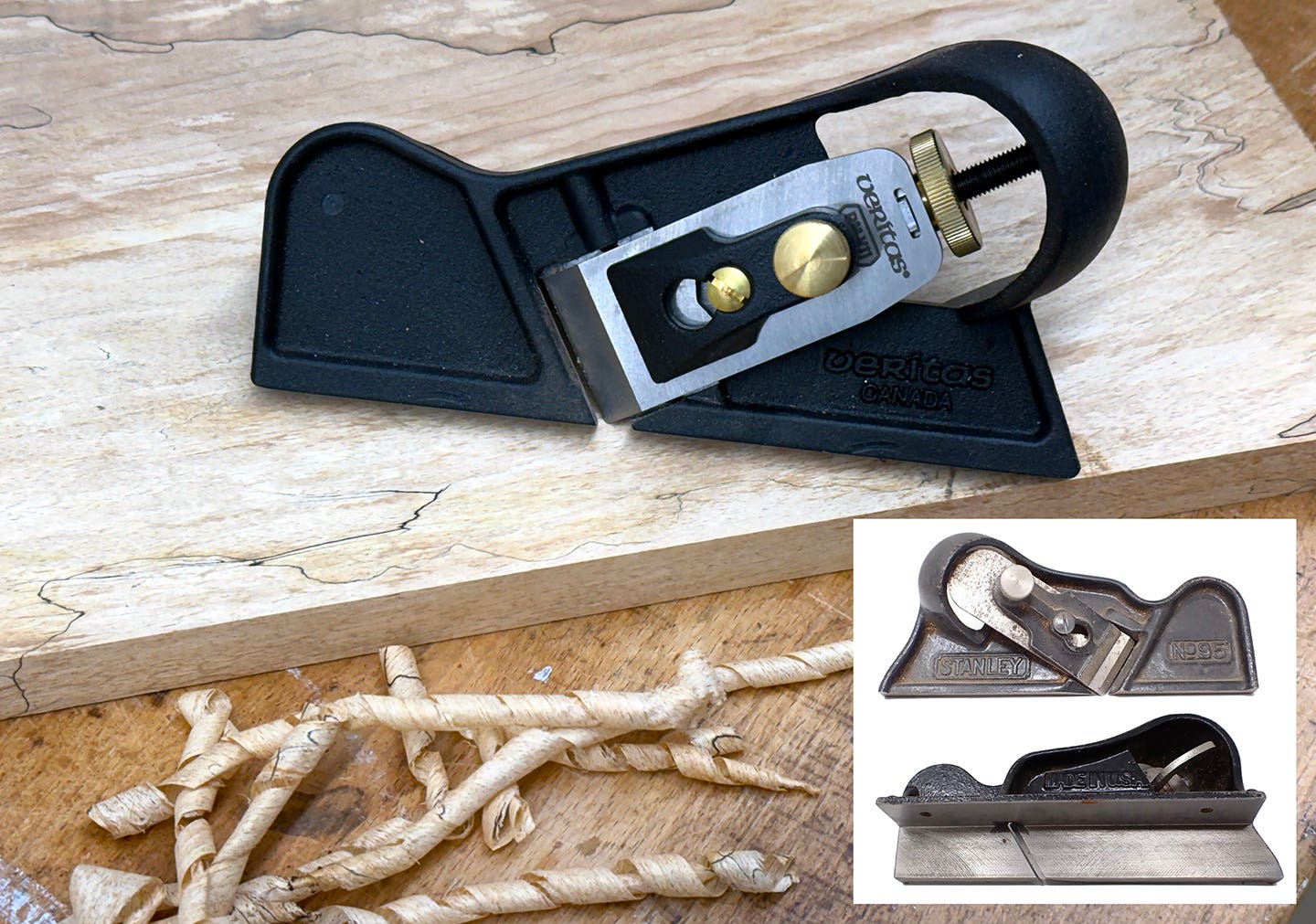Cutting corners
There is no question about it. We are in a “tight squeeze.” Over the last several years, most of the people in this country have taken a major financial hit….
There is no question about it. We are in a "tight squeeze." Over the last several years, most of the people in this country have taken a major financial hit. For some, it's the loss of value of stocks. For others, it's the lowering of the value of their home. Pay cuts and furlough days are as common as leaves on trees. As a result, everyone is looking for a deal.
A few years ago, I could just about name my price for any work that came my way. Rarely did anyone question the cost as long as they were getting what they wanted. Not so now. People are much more concerned about price. They still want the quality. They just don't want to have to pay as much to get it.
At the same time, we are seeing increases in everything from utility costs, materials, hardware, fuel ... you name it, the price is going up. So now we have a situation in which we are expected to offer the same quality of work and the same quality of materials and hardware but at a lower net cost. It's a dilemma. How do we continue to produce the same level of quality for less money when everything we need to do the job costs more?
The natural tendency is to start cutting corners. The temptation to buy that shop-grade plywood that is "on sale" at our favorite hardwood outlet instead of the A-1 grade we would typically buy is undeniable. Or maybe we think we can substitute slightly lower quality generic hardware instead of paying top dollar for the name brand. We start thinking about using butt joints and screws instead of our usual rabbet and groove joint. Or maybe we start nailing on moldings instead of fussing with glue and clamps. Every dime we can trim off the cost of the job is another dime we can use to pay the bills.
But this is a perilous path. If you have built a reputation for producing a certain level of quality, it is more than probable that is exactly why you are getting the jobs in the first place. And one of the biggest mistakes you can make is to presume that your customer will not notice the difference. I have found, over the years, that most people have an almost subliminal sense of the quality of work. They may not know exactly why they have a sense that the project is not your best work. They would be at a loss to pinpoint specific details that are not "up to snuff." But they will know that what you are giving them is not what they were expecting. You may soon discover that your hard earned reputation as a quality maker is slipping away.
Later this week, we will have a look at some of the ways in which we can deal with these uncertain times without having to lower our standards. Or at least, if we do have to lower our standards, how to make the customer understand what we are doing and why we are doing it.
D.D.


